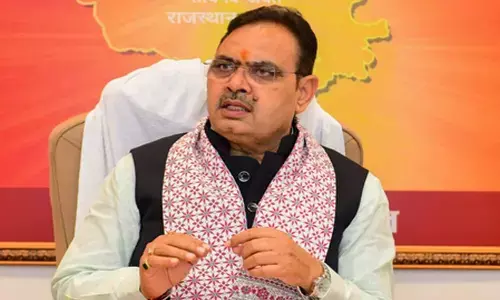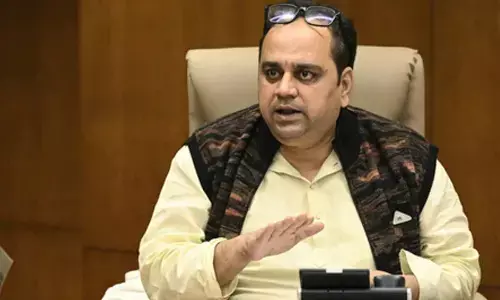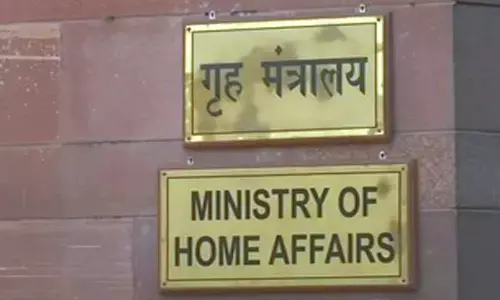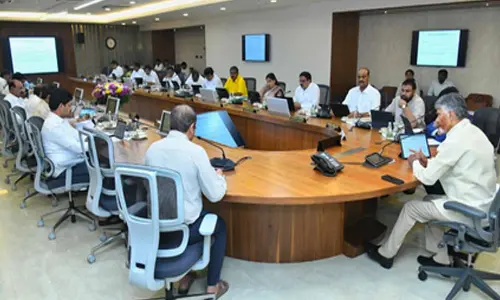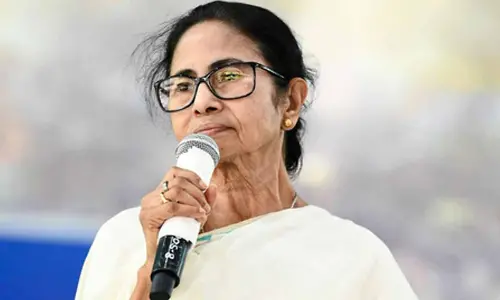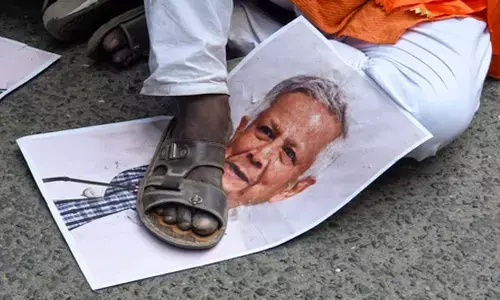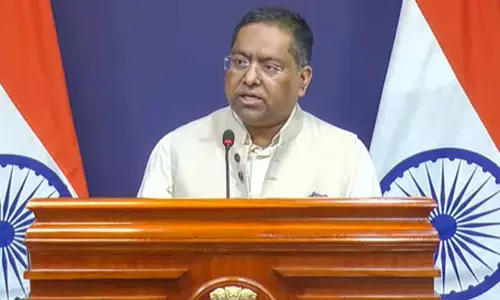Telangana: Varsities in a bind over double-degree study
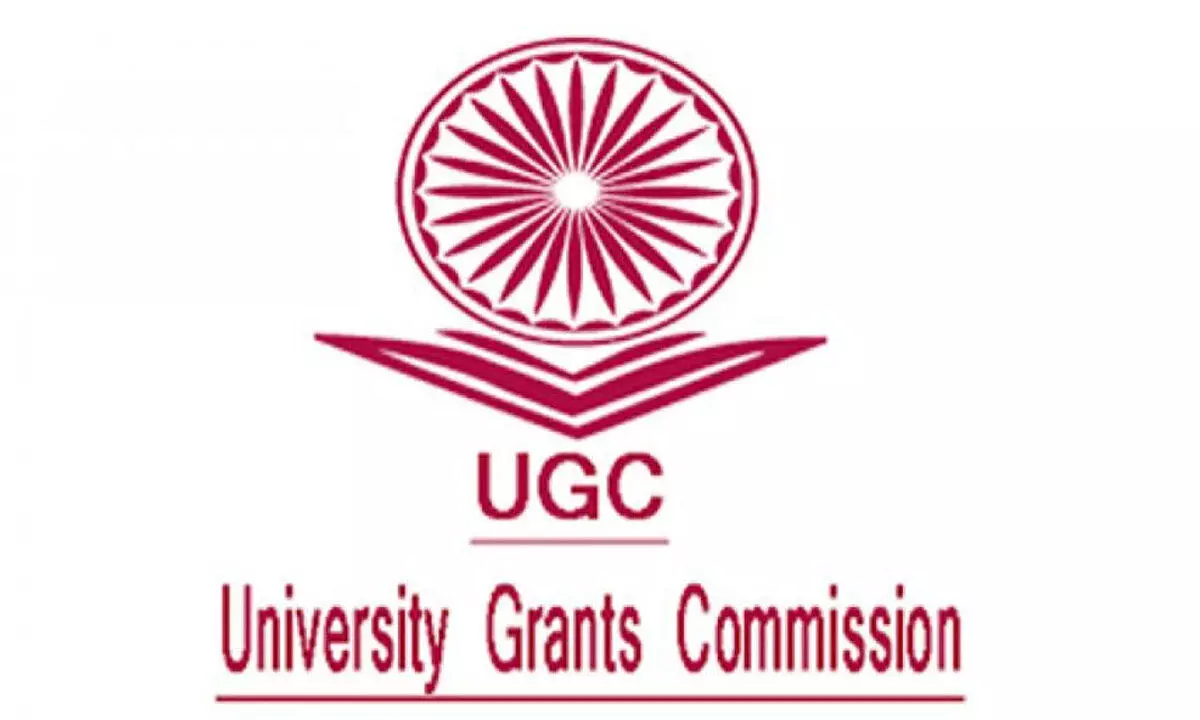
University Grants Commission
State universities stress they need backing of govt
Hyderabad: After years of dilly-dallying, the University Grants Commission (UGC) has allowed students to pursue two degrees at the same time. Now, with the ball in the court of the State universities, doubts are being expressed whether they can pull up their socks to give effect and facilitate students to make the maximum of the new UGC guidelines to allow them to pursue double-degree study simultaneously. It may be mentioned here that until now the State universities, backed by the public policies of successive governments, and statutory regulatory authorities, have been allowing only students from technology and engineering studies, like B Tech, M Tech, to pursue multiple skills and knowledge verticals.
However, when it comes to students of other streams, like arts, commerce, humanities and allied studies, they were barred from pursuing different courses, including through ODL and online. Besides, doing so is being treated as illegal.
Speaking to The Hans India, a senior official of Osmania University said, "a few cases were reported in which students who were regularly pursuing a course in the university departments also pursuing another course simultaneously. The students were called and asked either to give up the additional courses or their admission at the university would be cancelled."
However, everyone knows that there are hundreds of students who have been pursuing either diploma or post-graduate diploma courses, or short-term courses in ODL mode, either attending regular classes before or after their college hours. It is not uncommon for the students pursuing law in a regular stream also pursue ACS' (Associate Company Secretary) course.
"On the one hand, both the State universities and State governments and the regulatory authorities continue with the relics of the colonial education system declaring what some do is illegal. At the same time, it is allowed, from the time of information technology boom, allowing students of engineering and allied studies to pursue any number of courses of different IT and allied verticals in the form of certifications," said a former official of the Andhra Pradesh State Council of Higher Education (APSCHE). When it comes to these rules, both AP and TS have been following the same norms with just a difference in degree, making some changes here and there.
Now, the new UGC guidelines provide for "no hard separation between arts and sciences, between curricular and extra-curricular activities, between vocation and academic streams in order to eliminate harmful hierarchies among, and silos between different areas of learning."
That apart the UGC guidelines suggest multidisciplinary and a holistic education across the sciences, social sciences, arts, humanities, and sports for a multidisciplinary world to ensure the unity and integrity of knowledge is the new order of the education system in the country. Accordingly, now the State universities in Andhra Pradesh and Telangana, including those of technical, medical and agriculture universities, have to pull up their socks to break down the silos mentality to forge a stronger and more collaborative approach among different departments, colleges and both the conventional and non-conventional universities.
For this, "the State Universities needed the much-needed backing of the State Education department (SED) and the State governments to give effect to the new guidelines," said a senior professor of Andhra University College of Science and Technology, Visakhapatnam."
The reason is, it needs to changes, including timetables, every semester considering the number of students from other branches opting for a specific course offered by each department. It is in addition to handling the classes of the regular courses run at the departments.
Expressing a similar view, officials of OU and Kakatiya University (Telangana) and Nagarjuna and Sri Venkateswara University (AP) highlighted that currently the universities are receiving fee reimbursements from the State government. Now, pursuing a second degree is allowed, and will the State government provide fee reimbursement for the second degree remains a big issue.
Woman injured in stabbing attack in Tokyo, suspect at large
Bengal cop booked for murder over mysterious death of woman home guard, SIT to probe case
Staffer recalls horror of 7-kg gold robbery by armed gang in Karnataka’s Hunsur
25-Year-Old Airline Cabin Crew Member Dies At Gurugram Party; Police Begin Investigation








